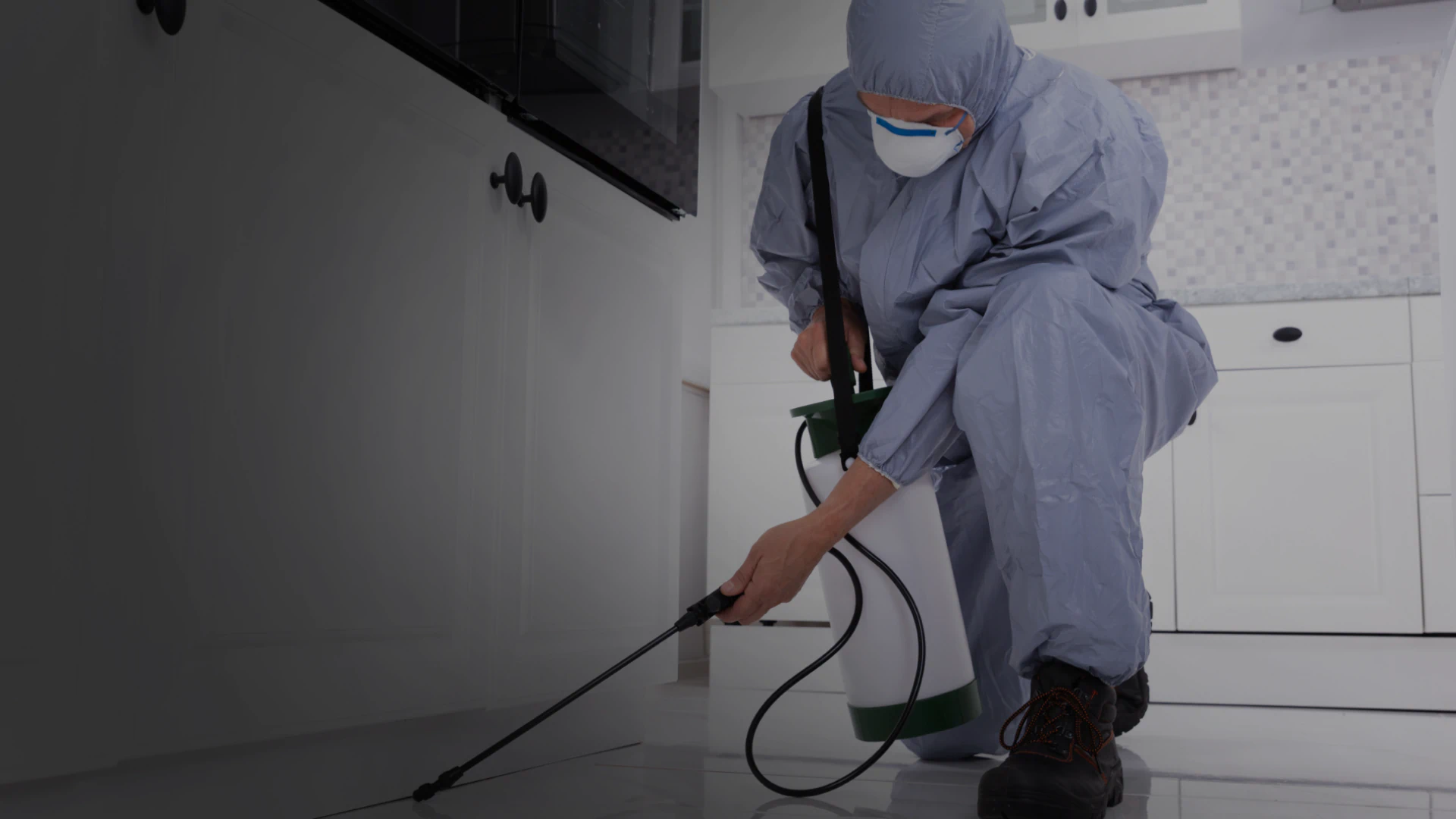Specialist Exterminator Services: Say Goodbye to Pests permanently!
Specialist Exterminator Services: Say Goodbye to Pests permanently!
Blog Article
Specialist Pest Control Techniques for Long-Term Results
In the world of insect control, achieving sustained efficiency and long-term outcomes requires a meticulous technique that transcends simple elimination. Specialist bug control methods encapsulate an extensive technique that begins with a detailed inspection and assessment, adhered to by exact parasite recognition to comprehend their habits patterns. The execution of Integrated Pest Management (IPM) principles, paired with eco-conscious therapies, forms the keystone of sustainable parasite elimination. The true test exists in the ongoing surveillance and upkeep of the treated locations, making sure a pest-free atmosphere for the foreseeable future. By diving right into the details of these techniques, a much deeper understanding of expert pest control approaches for sustaining results arises.
Examination and Evaluation
Upon going into a building for parasite control services, the initial action is a detailed examination and assessment to identify the level of the problem and figure out one of the most efficient treatment plan. Professional insect control professionals are educated to thoroughly take a look at the facilities, trying to find signs of parasite activity such as droppings, munch marks, nests, or any kind of architectural damages. They will additionally assess the conditions that may be drawing in pests, such as food sources, water leaks, or entrance factors.

Pest Identification and Behavior

Additionally, understanding the habits of the identified pest is key to implementing reliable control measures. Recognizing where bugs nest, what they feed on, and their task patterns can aid pest control experts design techniques to eradicate them effectively. Some pests might be nocturnal, while others are much more energetic during the day. This knowledge permits for the application of treatments at ideal times for optimum effectiveness.
Integrated Parasite Management (IPM)
Integrated Insect Management (IPM) strategies combine several strategies to regulate and protect against bug infestations in a sustainable and ecologically friendly way. exterminator. By incorporating techniques such as organic control, habitat adjustment, adjustment of cultural practices, and the use of immune selections, IPM aims to lessen the usage of chemical pesticides
One of the key concepts of IPM is the exterminator near me emphasis on prevention. This proactive approach entails monitoring insect populaces regularly to identify any type of possible issues prior to they rise. By determining parasite issues beforehand, pest control procedures can be applied quickly and properly.
Moreover, IPM promotes making use of safe parasite control methods whenever possible. This can include using natural killers of the insects, presenting beneficial bugs, or utilizing scents to disrupt breeding patterns. By minimizing reliance on chemical pesticides, IPM not just protects the setting but additionally aids preserve a balance in the ecological community.
Environmentally-Friendly Treatments
Implementing eco-conscious strategies in bug control procedures can efficiently attend to infestations while prioritizing ecological sustainability. Environmentally-friendly treatments concentrate on lessening the impact of pest control approaches on environments, non-target organisms, and human health.
One more trick facet of environmentally-friendly therapies is the usage of natural and naturally degradable items that damage down swiftly without leaving unsafe deposits in the environment. Organic insecticides originated from plants like chrysanthemums or neem provide effective parasite control while posturing marginal danger to non-target species. Utilizing approaches like heat therapies or pheromone traps can target specific bugs with precision, reducing the overall environmental impact of insect control methods.
Continuous Surveillance and Upkeep
Normal inspections by skilled specialists are essential to determine any signs of bug activity, evaluate the effectiveness of previous treatments, and make changes to the parasite control strategy as required. By checking parasite populations over time, bug control professionals can track trends, anticipate possible problems, and apply preventive measures to reduce the risk of future problems.
In addition to monitoring, maintenance techniques are important for long-lasting insect control success. This includes applying proper hygiene measures to get rid of possible food and water sources for bugs, securing off entry indicate stop pests from getting in the properties, and attending to any kind of structural concerns that can help with parasite problems (Pest control Washington DC). By integrating continuous tracking and maintenance into an incorporated parasite administration method, services can guarantee a pest-free atmosphere and guard their residential property versus expensive damage and health dangers
Final Thought
In verdict, making use of expert bug control methods such as comprehensive inspection and assessment, precise pest recognition and understanding of their habits, integrated bug administration strategies, environmentally-friendly treatments, and ongoing monitoring and upkeep are essential for accomplishing lasting lead to pest control. By carrying out these approaches, people can effectively handle pest infestations and preserve a pest-free setting in a lasting fashion.
Report this page